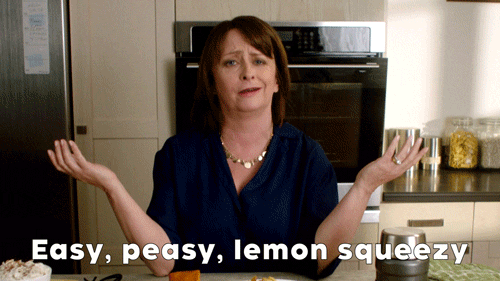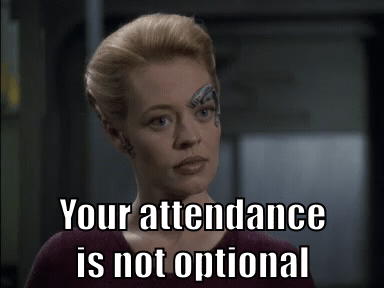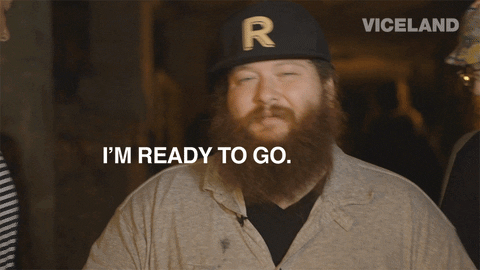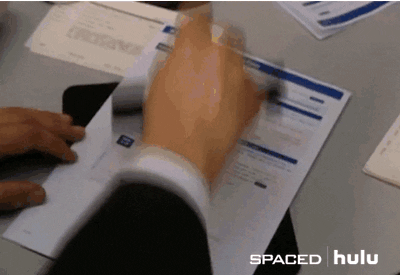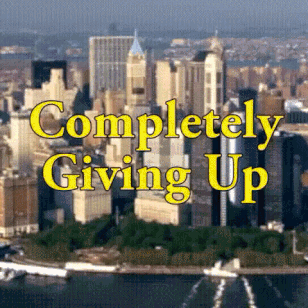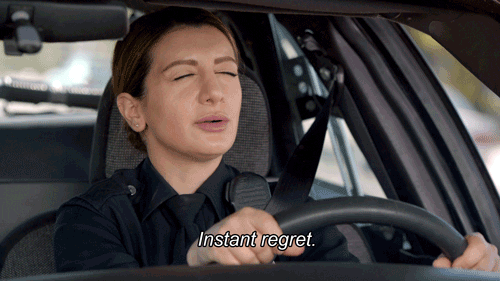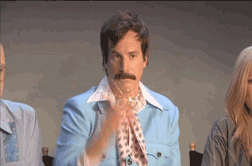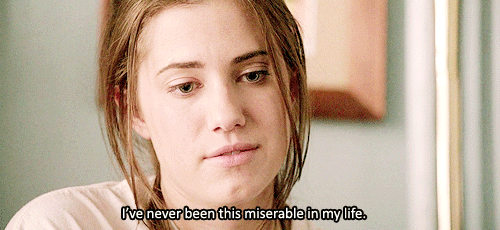Before I begin this article properly, I’d like to play a game with you. To play this game, you will have to answer one short question after I tell you a story.
Last night, Jane had a date with Brad. Brad invited Jane to his apartment to watch a movie, and they also decided to get coffee together before they watched the movie. They agreed to get coffee at Starbucks and decided to meet at 7 PM. Brad and Jane each took Lyft to Starbucks, where they engaged in some polite conversation about one another’s lives, current politics, and some gossip. The couple also decided to watch the 2016 remake of Ghostbusters at Brad’s apartment. Brad really liked the film and thought Jane would as well.
Now, based entirely on the previous paragraph, what are Jane and Brad’s political leanings? This may seem like a silly question, but if one has paid close attention to recent events in pop culture and politics, the answer would be perfectly clear.
Jane and Brad are both rather liberal. To show this, I purposely wrote in three “dog-whistle” phrases that might pique some interest, specifically the references to Starbucks, Lyft, and Ghostbusters. While these three things are politically inert in a vacuum, rampant politicization of these brands has been occurring in the mainstream media, likely due to the unexpected intensity of the last political year.
Last week, President Trump issued a travel ban on several Muslim majority countries, a move that has been the most popular subject of debate in the US government, as well as within the public discourse. Through all the sound and fury, coffee giant Starbucks and ridesharing company Uber both caught a great deal of heat from different sides for rather silly things, in my opinion.
Starbucks, in response to the ban, issued a statement saying that they will be hiring 10,000 refugees progressively in the coming years. Though this was cheered on by some, the American right protested this move, aghast at the fact that Starbucks would rather hire refugees instead of military veterans. However, a Google search that took me less than ten seconds showed me that Starbucks already has an extensive program for veterans. Starbucks also made no promise anywhere that these refugees will be hired specifically in American stores. Despite the facts, this spawned the hashtag #boycottstarbucks.
While Starbucks made enemies on the right, Uber made enemies on the left. In response to the ban, the taxi drivers of NYC went on strike in protest, leaving hundreds of people stranded at JFK during the protests. While the protests were going on, Uber opted to eliminate surge pricing instead of stopping service, to which the protestors accused the company of strike-breaking. The matter was also not helped when it was discovered that Uber’s CEO was a part of President Trump’s economic advisory board. However, no anger was directed toward the CEOs of IBM, Pepsi, Wal-Mart, or Tesla, all companies which continued operation during the protests and also serve on President Trump’s team of economic advisors.
Though it is now a bit of a dated reference, the most recent Ghostbusters was the subject of a large amount of ire prior to its release, as many thought it was forcing a feminist agenda, causing a massive outrage for people who need to a find much better use of their time.
It seems that everything anyone does is a grand political statement on how each individual sees the world. Everyone is unwilling to let coffee just be coffee, instead having each cup represent a suspected anti-veteran, anti-American sentiment. Everything must become political.
In fact, once I began thinking about brands to include in the opening story, I couldn’t stop recalling brands that were left to the mercy of the court of public opinion over such small perceived wrongdoings. The worst part about this obsession with the political and social ramifications of everything is that what is and is not acceptable are frequently drawn along partisan lines, alienating roughly half of the population with each new controversy.
I could have easily included bits in the story about how Jane and Brad liked eating Kellogg’s cereal, which makes them blue-haired SJW communists. I could have also included a part in the story where Jane and Brad talk about how awful JonTron is because liking JonTron is akin to being a racist alt-right Nazi.
If I was to give a piece of advice to the popular American political discourse, it would be to leave politics to the politicians and the journalists who are supposed to keep them honest. If you have to perform insane mental gymnastics to stretch your ideology to the point where seeing the new Star Wars film becomes a partisan issue, you know you’ve gone too far. As I said before, leave the politics to the politicians, and let coffee just be coffee.
















